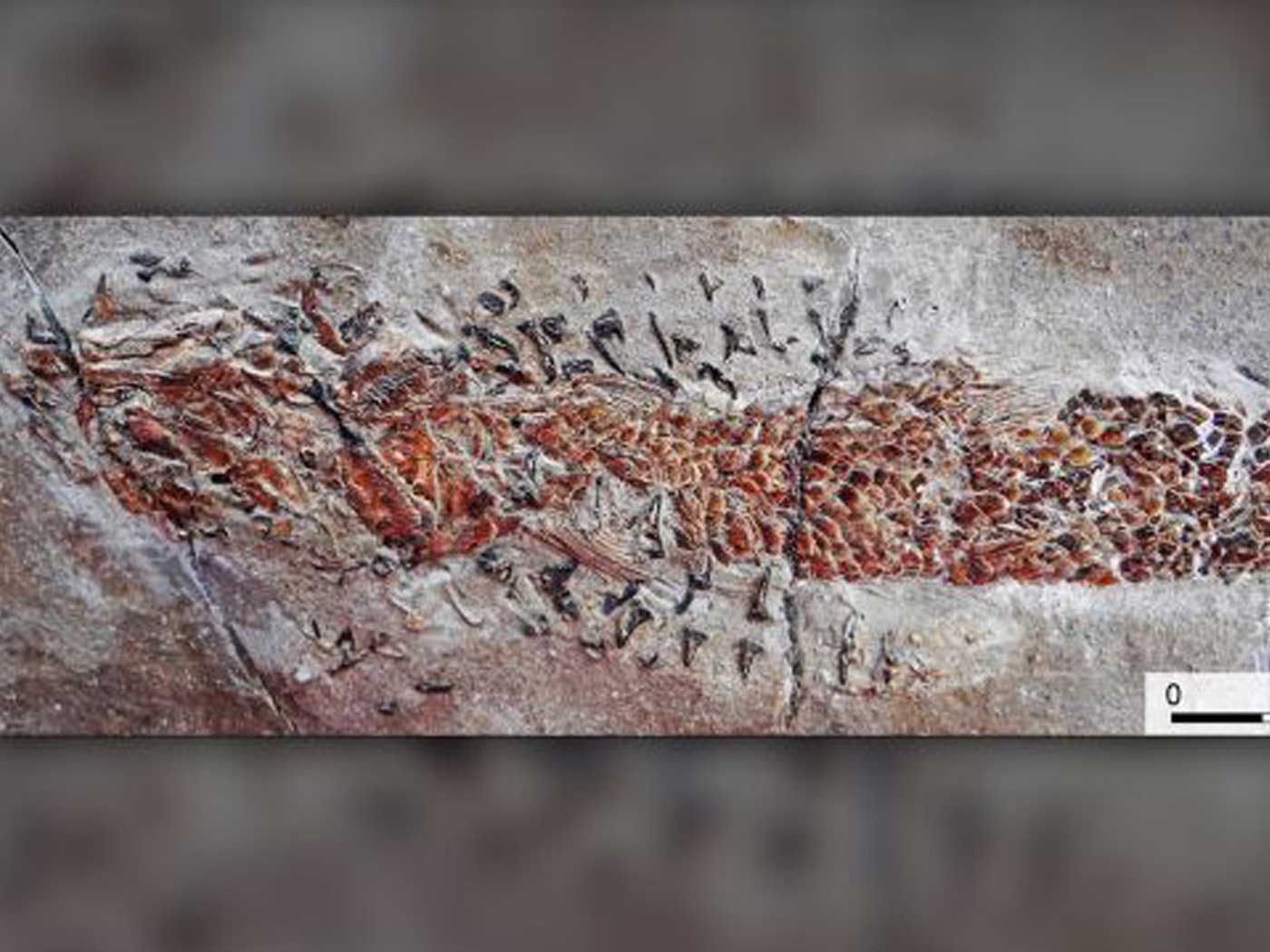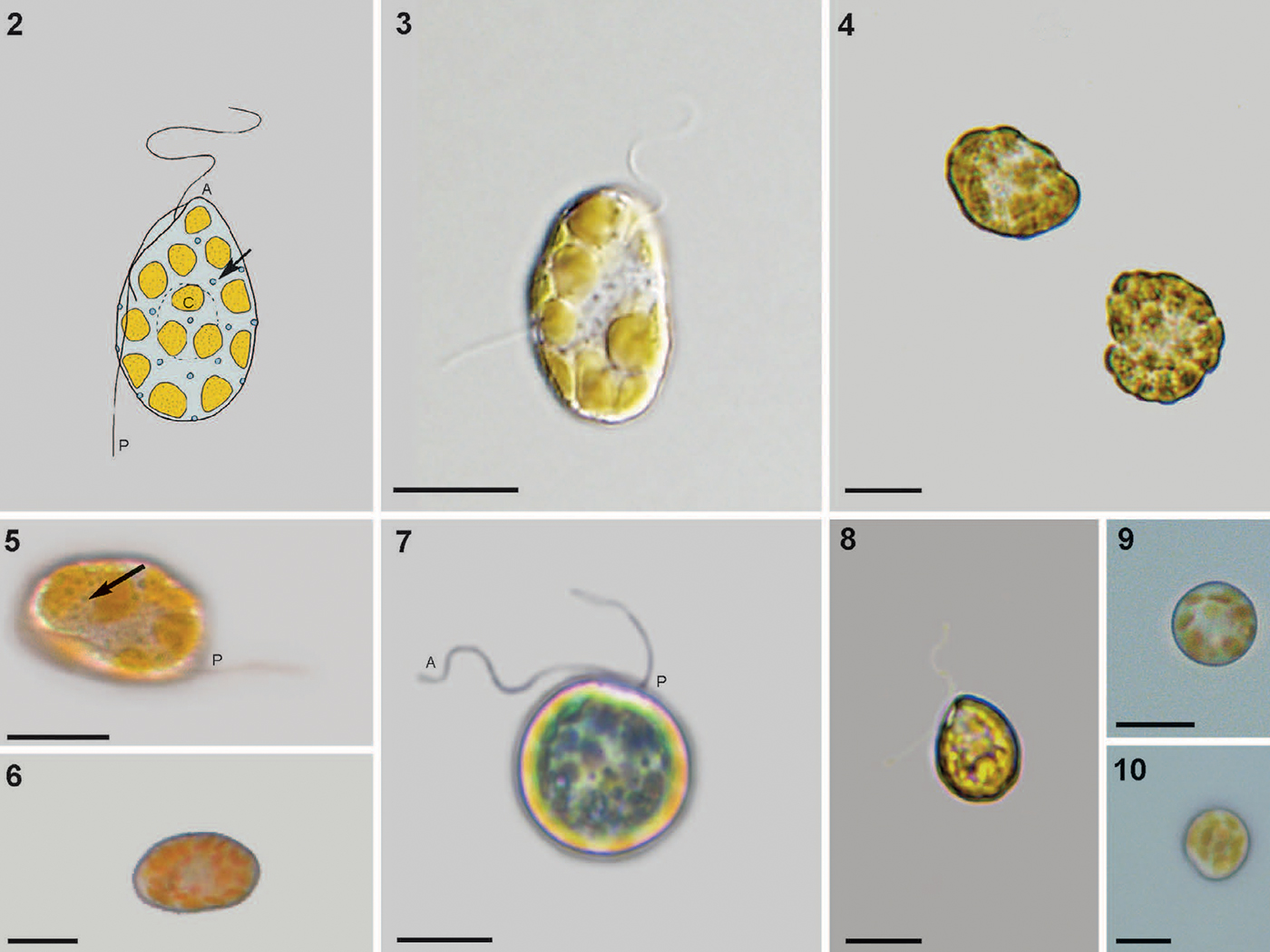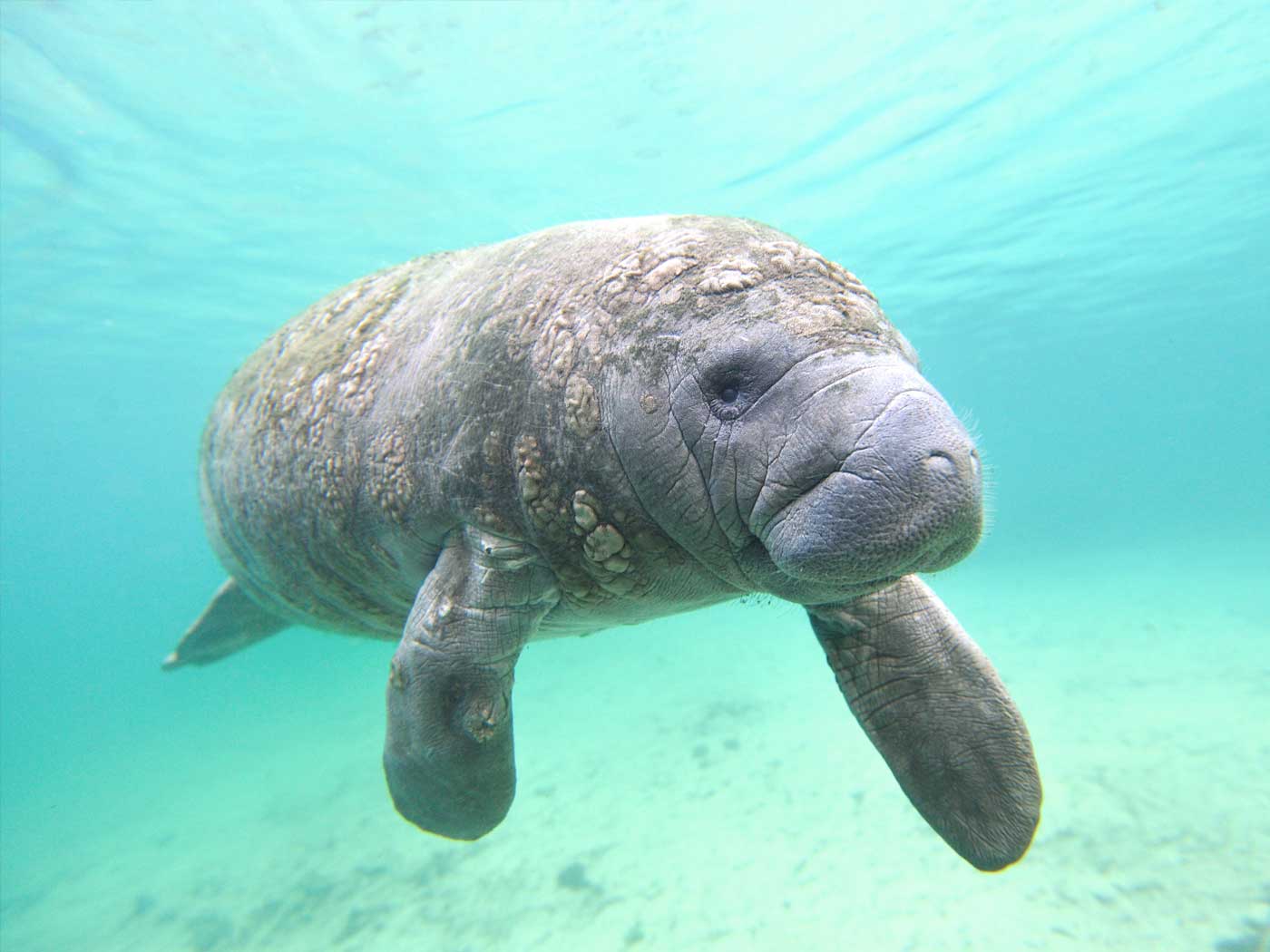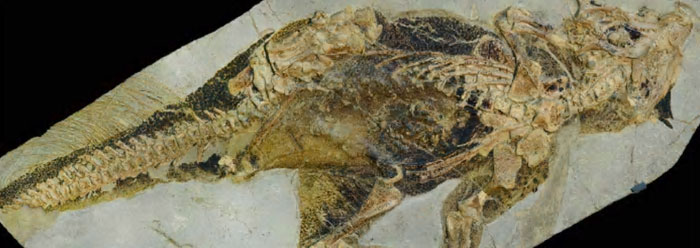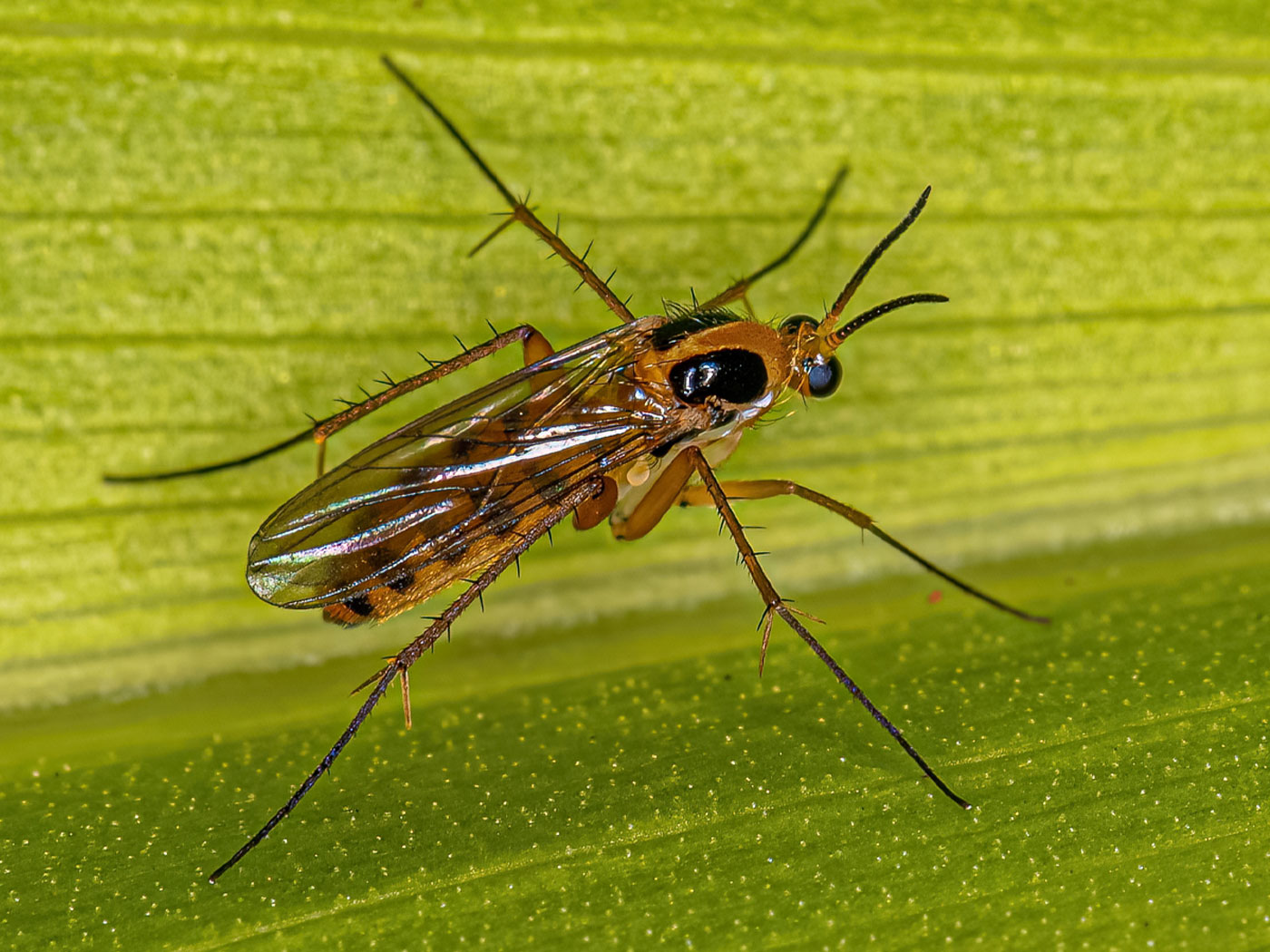Body builders and other athletes use nutritional supplements to increasingly exploit the muscular mass-building benefits of reducing the levels of a protein in the body called "myostatin." While these products may be helpful and effective, the evolutionary sales pitch used to promote these supplements is defective and unscientific.
Myostatin, also known as "growth differentiation factor 8" (GDF-8), is a protein in humans that circulates in the blood system and acts on muscle tissue by binding a receptor on the muscle-cell surface. This limits and regulates cell growth and differentiation.1 In general, the less myostatin in the blood system, the more muscle mass can be developed. Its effectiveness depends on a number of other issues and conditions.
Seeing the profit potential, nutritional supplement companies have developed and are selling products that contain natural myostatin inhibitors to help athletes increase muscle mass.1 Myostatin inhibitors may also offer therapeutic help to the elderly and muscle atrophied people suffering from various diseases.1
Scientists have learned much about how myostatin works in various animals, particularly racing dogs.2 Because animals have two sets of chromosomes, and hence two copies of every gene, geneticists can more readily study the consequences of defective genes. In greyhound dog breeds that had one good myostatin gene and one defective copy of the gene (and thus reduced myostatin levels), scientists found that these dogs were athletically superior in short 300-meter races compared to those with two good gene copies. However, the dogs with two good copies of the gene and normal myostatin levels were superior in the longer 900-meter races. The dogs with two bad copies of the gene were grossly over-muscled mutants that had virtually no athletic capability and only made novel-looking pets. These same types of effects have also been observed in other types of animals.
Because of the benefits of lowering myostatin levels for bodybuilders, one of the sales pitches claims that the myostatin genetic pathway is a vestigial evolutionary remnant—a sort of Darwinian leftover in humans that we need to correct. However, as can be clearly seen from the studies in animals, bodies need myostatin to regulate cell growth. In fact, humans who eat a healthy low-calorie and low-fat diet, along with exercising regularly, already have low myostatin levels compared to those with unhealthy lifestlyes.1
In addition to the data from animal studies, the field of functional genomics has clearly shown that the myostatin gene is involved in a wide variety of cell processes with gene expression detected in the nervous system, immune system, muscle tissue, various internal organs, secretory cells, and reproductive tissues.3 Clearly, myostatin plays a role in a wide variety of important cell processes.
Myostatin is assuredly not the evolutionary vestige touted in the marketing hype of some of the nutritional supplement vendors. Its role in regulating muscle mass has a clear purpose, such as normal development and the regulatory tradeoff with endurance. Inhibiting myostatin may provide bodybuilders with more muscle mass and strength, but it diminishes endurance.
The evolutionary spin written into myostatin inhibitor advertisements ignores good science while appealing to an imaginary evolutionary past—all in order to sell product. Myostatin and its complex functional role in the cell is evidence of divine bioengineering, not evolution.
References
- LeBrasseur, N. K. 2012. Building muscle, browning fat and preventing obesity by inhibiting myostatin. Diabetologia. 55 (1): 13–17.
- Mosher, D. S. et al. 2007. A Mutation in the myostatin gene increases muscle mass and enhances racing performance in heterozygote dogs. PLOS Genetics. 3 (5): 79.
- Wu, C. et al. 2013. BioGPS and MyGene.info: organizing online, gene-centric information. Nucleic Acids Res. 41(D1): D561-565.
* Dr. Tomkins is Research Associate at the Institute for Creation Research and received his Ph.D. in Genetics from Clemson University.
Article posted on May 17, 2013.





